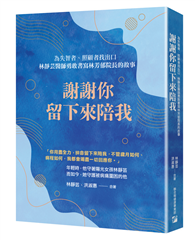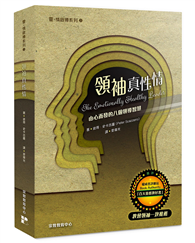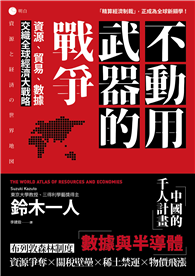Spiritual Science: Here and Hereafter, by William Earnshaw Cooper, delves into the realms of spiritualism and psychical research in the early 20th century. Cooper explores various aspects of spiritual science through documented accounts and investigations. The book features insights from prominent spiritualists and scientists of the era, including Sir Oliver Lodge, Camille Flammarion, and Sir William Crookes. It examines phenomena such as mediumship, clairvoyance, and communication with spirits, offering a comprehensive overview of the spiritualist movement’s intersection with scientific inquiry.
Cooper navigates topics ranging from familiar spirits to the scientific analysis of psychic phenomena, providing a detailed examination of the evidence and theories surrounding spiritualist practices. This work serves as a valuable historical document, capturing the spirit of an era fascinated by the possibilities of connecting with the afterlife. "Spiritual Science" remains relevant for those interested in the history of spiritualism, the occult, and the ongoing quest to understand the mysteries beyond the physical world.
This work has been selected by scholars as being culturally important, and is part of the knowledge base of civilization as we know it. This work was reproduced from the original artifact, and remains as true to the original work as possible. Therefore, you will see the original copyright references, library stamps (as most of these works have been housed in our most important libraries around the world), and other notations in the work.
This work is in the public domain in the United States of America, and possibly other nations. Within the United States, you may freely copy and distribute this work, as no entity (individual or corporate) has a copyright on the body of the work.
As a reproduction of a historical artifact, this work may contain missing or blurred pages, poor pictures, errant marks, etc. Scholars believe, and we concur, that this work is important enough to be preserved, reproduced, and made generally available to the public. We appreciate your support of the preservation process, and thank you for being an important part of keeping this knowledge alive and relevant.












